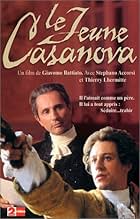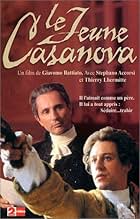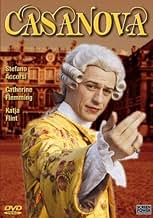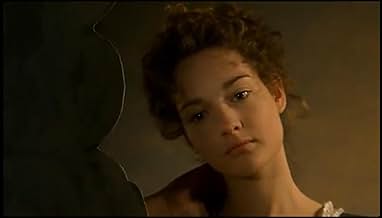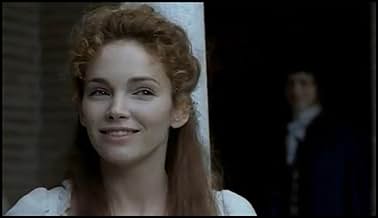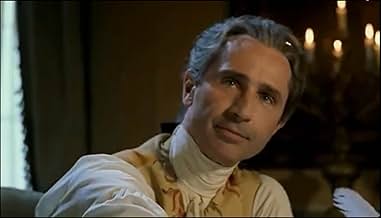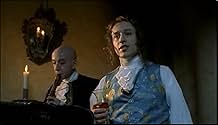This entertaining, lavishly-produced film tells the story of Giacomo Casanova (born 1725), and his adventures in Venice and Versailles. Those who have seen "Tom Jones" (1963) will find this equally enjoyable, perhaps even more so because of the frank nudity and simulated sex possible now on TV but which could only be suggested (such as in the famous eating scene) forty years ago.
The real Casanova was a universal genius and a born charmer who really did escape the "lead prison" in Venice, and really did set up the French national lottery. As a plot device, writer Michael Hirst -- who wrote the screenplay for "Elizabeth" (1998) -- invented the character of de Bernis, the French ambassador to Venice who befriends the young Casanova, only to turn on him after Casanova seduces de Bernis' wife. When Casanova arrives in Versailles, de Bernis is Minister of Foreign Affairs. At Versailles, Casanova befriends Madame de Pompadour, the official mistress of Louis XV. De Bernis opposes the Austrian alliance proposed by Madame de Pompadour, and seeks to use Charlotte d'Estrades to displace Madame de Pompadour in the King's affections. D'Estrades of course has fallen in love with Casanova.
The real de Bernis was a jolly cleric, a close friend of Madame de Pompadour, and ambassador to Rome, not Venice. Hirst would have done better to pattern his villain on the Duc de Richelieu, who really did use Madame d'Estrades to displace Madame de Pompadour. The latter foiled this plot by proving to the King that Madame d'Estrades had stolen a secret document on foreign affairs from the King's desk, to give to Richelieu. Happily, the document was a forgery Madame de Pompadour had planted as a trap for the sneaky, snivelly d'Estrades.
As usual, history is more interesting than historical fiction. But, as the Italians say, "si non e vero, e ben trovato" (if it's not true, at least it's a good story).

